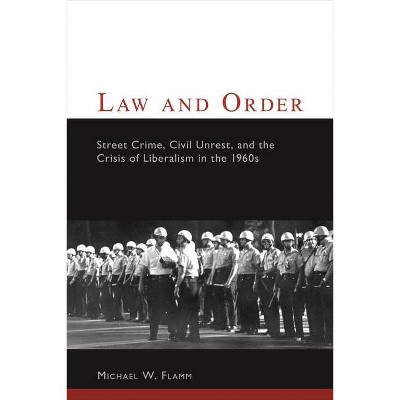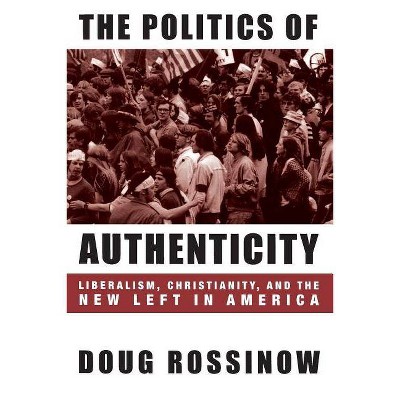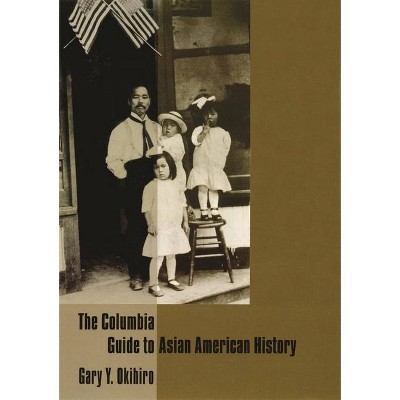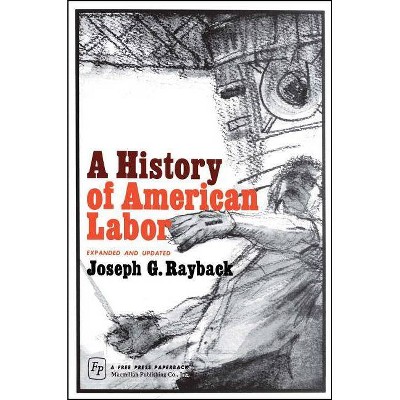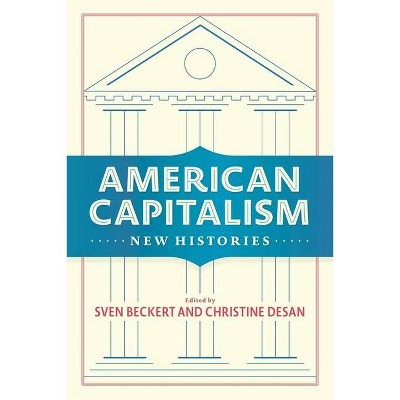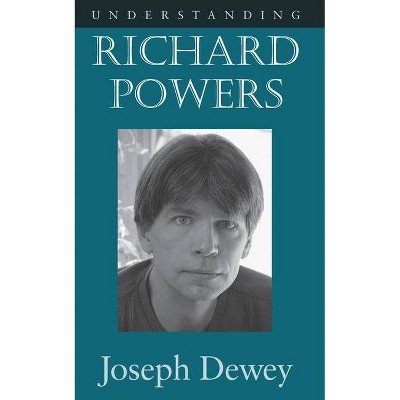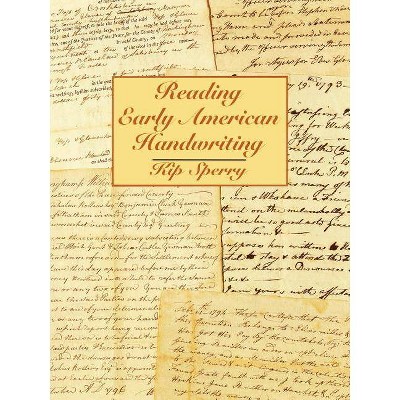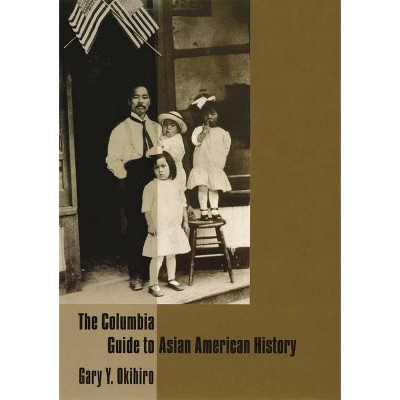Acts of Conscience - (Columbia Studies in Contemporary American History) by Joseph Kip Kosek (Paperback)
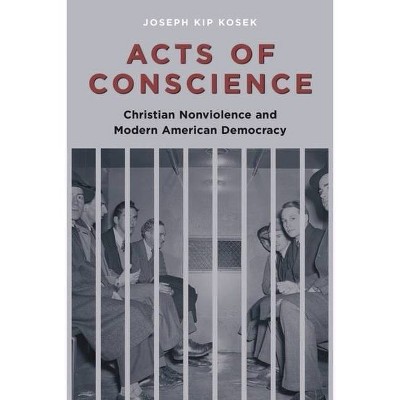
Similar Products
Products of same category from the store
AllProduct info
<p/><br></br><p><b> About the Book </b></p></br></br><P>In response to the massive bloodshed that defined the twentieth century, American religious radicals developed a modern form of nonviolent protest, one that combined Christian principles with new uses of mass media. Greatly influenced by the ideas of Mohandas Gandhi, these "acts of conscience" included sit-ins, boycotts, labor strikes, and conscientious objection to war. Beginning with World War I and ending with the ascendance of Martin Luther King Jr., Joseph Kip Kosek traces the impact of A. J. Muste, Richard Gregg, and other radical Christian pacifists on American democratic theory and practice. These dissenters found little hope in the secular ideologies of Wilsonian Progressivism, revolutionary Marxism, and Cold War liberalism, all of which embraced organized killing at one time or another. The example of Jesus, they believed, demonstrated the immorality and futility of such violence under any circumstance and for any cause. Tracing the rise of militant nonviolence across a century of industrial conflict, imperialism, racial terror, and international warfare, Kosek recovers radical Christians' remarkable stance against the use of deadly force, even during World War II and other seemingly just causes. His research sheds new light on an interracial and transnational movement that posed a fundamental, and still relevant, challenge to America's political and religious mainstream.<p/><br></br><p><b> Book Synopsis </b></p></br></br>In response to the massive bloodshed that defined the twentieth century, American religious radicals developed a modern form of nonviolent protest, one that combined Christian principles with new uses of mass media. Greatly influenced by the ideas of Mohandas Gandhi, these "acts of conscience" included sit-ins, boycotts, labor strikes, and conscientious objection to war. <p/>Beginning with World War I and ending with the ascendance of Martin Luther King Jr., Joseph Kip Kosek traces the impact of A. J. Muste, Richard Gregg, and other radical Christian pacifists on American democratic theory and practice. These dissenters found little hope in the secular ideologies of Wilsonian Progressivism, revolutionary Marxism, and Cold War liberalism, all of which embraced organized killing at one time or another. The example of Jesus, they believed, demonstrated the immorality and futility of such violence under any circumstance and for any cause. Yet the theories of Christian nonviolence are anything but fixed. For decades, followers have actively reinterpreted the nonviolent tradition, keeping pace with developments in politics, technology, and culture. <p/>Tracing the rise of militant nonviolence across a century of industrial conflict, imperialism, racial terror, and international warfare, Kosek recovers radical Christians' remarkable stance against the use of deadly force, even during World War II and other seemingly just causes. His research sheds new light on an interracial and transnational movement that posed a fundamental, and still relevant, challenge to the American political and religious mainstream.<p/><br></br><p><b> Review Quotes </b></p></br></br><br>A nuanced portrait of an important American social movement and a well-done combination of intellectual and social history.--Choice<br><br>Acts of Conscience deftly illuminates mainstream Protestant pacifism.--Annals of Iowa<br><br><i>Acts of Conscience: Christian Nonviolence and Modern American Democracy</i> is the best new work on the history of American pacifism to appear in many years. Joseph Kip Kosek offers a bold, original, and lucid brief for the importance of the tradition of Christian nonviolence in twentieth-century U.S. reform, and in the process resurrects such forgotten figures as Richard Gregg, a pioneering American advocate of Gandhian philosophy and tactics. Twenty-first-century scholars and activists alike would do well to give this book a careful reading and heed the lessons it has to teach.--Maurice Isserman, James L. Ferguson Professor of History, Hamilton College, and author of <i>If I Had a Hammer: The Death of the Old Left and the Birth of the New Left</i><br><br>an outstanding contribution to peace history and American cultural and intellectual history.--Leilah Danielson "Peace and Change "<br><br>lucidly and fluently written, well organized by period or theme, and braced throughout with interesting parallels and thoughtful insights.--Michael Ferber "The Sixties "<br><br>A phenomenal book, one of the best we have now on the course of liberal Protestant pacifism in twentieth-century America.--Perry Bush, Bluffton University "The Mennonite Quarterly Review "<br><br>If you have even a remote interest in this topic, pick up this book and read.--John F. Piper Jr. "Church History "<br><br>In focusing closely on the Fellowship of Reconciliation (FOR), Joseph Kip Kosek discerns a paradoxical realism at the heart of Christian nonviolence. Even if these pacifist proponents failed in their grander dreams of limiting international warfare, they nonetheless crafted--and shrewdly publicized--an unusually effective instrument of social and political change: nonviolent direct action. Kosek's perceptive account of this twentieth-century radical vanguard brings a transnational vision to the civil rights movement and, through FOR, unveils an activist network of spectacular ingenuity and courage.--Leigh E. Schmidt, Princeton University<br><br>Joseph Kip Kosek effectively pushes the leaders of the Fellowship of Reconciliation and other radical Christian pacifists to the front ranks of the American left in the mid-twentieth century. His sympathetic, deeply-researched account of the stubborn, nonviolent resistance of his protagonists to the coercive injustice, imperial ambition, and crackpot realism of an earlier age might well instruct those who would muster the courage to challenge them again in our own time.--Robert Westbrook, author of <i>Why We Fought: Forging American Obligations in World War II</i><br><br>Kosek has written a key work for all who are interested in the beliefs and causes that helped shape the United States during the twentieth century and beyond.--Anne Klejment "Journal of American History "<br><p/><br></br><p><b> About the Author </b></p></br></br>Joseph Kip Kosek is associate professor of American studies at George Washington University.
Price History
Price Archive shows prices from various stores, lets you see history and find the cheapest. There is no actual sale on the website. For all support, inquiry and suggestion messages communication@pricearchive.us
